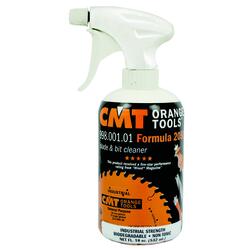I'm planning on getting the OF 1400 EQ next month but would like to get started on some decent quality bits. Not looking to break the bank here with Whiteside bits or the Astra coated ones. I was thinking Amana Carbide, or maybe SpeTool, thoughts?
Also, I would like to get recommendations on what are some good flush trim bits to have for projects, dados in plywood or hardwood, etc. I'm thinking 1/2" shank bits but I'm also open to hearing what others goto bits and sizes are.
I'm slightly on the fence with the 1010R, but after reading everything seems like the 1400 EQ is the best all around router. I do have a small/palm trim router that I will still use occasionally.
Thanks in advance for your thoughts and recommendations, I just want 5 - 7 really good, goto bits for cabinets, edge band trimming etc. FWIW my current bit setup is the Bosch set that you can get on Amazon, so I think I can only go up from here.
Also, I would like to get recommendations on what are some good flush trim bits to have for projects, dados in plywood or hardwood, etc. I'm thinking 1/2" shank bits but I'm also open to hearing what others goto bits and sizes are.
I'm slightly on the fence with the 1010R, but after reading everything seems like the 1400 EQ is the best all around router. I do have a small/palm trim router that I will still use occasionally.
Thanks in advance for your thoughts and recommendations, I just want 5 - 7 really good, goto bits for cabinets, edge band trimming etc. FWIW my current bit setup is the Bosch set that you can get on Amazon, so I think I can only go up from here.


